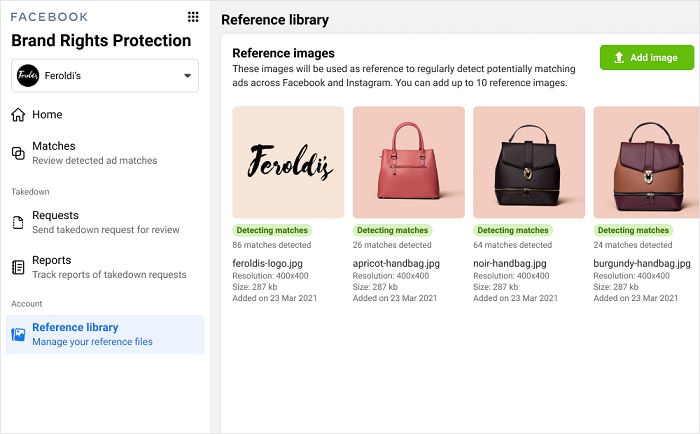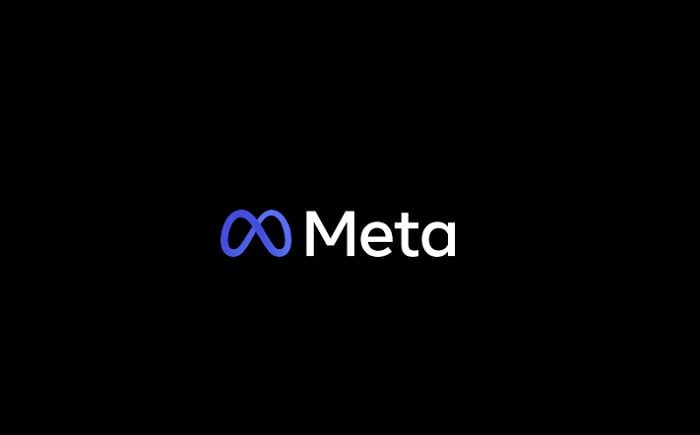This is interesting.
As part of its ongoing IP enforcement efforts, Meta has teamed up with luxury fashion brand Christian Louboutin to file a joint lawsuit against an individual who had been running a counterfeiting operation from Mexico, and selling replica Louboutin products via Facebook and Instagram.
As explained by Meta:
“The suit, filed in the United States District Court for the Northern District of California, claims the defendant violated Meta’s Terms of Service and Instagram’s Terms of Use and infringed Christian Louboutin’s intellectual property rights by using Facebook and Instagram accounts to promote the sale of counterfeit goods. Our policies and Terms prohibit IP infringement, including the sale or promotion of counterfeit products. Consistent with this, we have taken multiple enforcement actions against the defendant’s Facebook, Instagram and WhatsApp accounts.”
As noted, Meta has been upping its IP enforcement of late, by implementing new ways for brands to protect their properties through expanded detection and removal measures in its apps.
Last year, Meta enhanced its Brand Rights Protection Manager tool with a new capacity for brands to enact faster takedowns of content that Meta’s system had detected as potential replicas.
Through this process, brands are able to upload images of their licensed products, which Meta’s systems can then use as a reference point for detecting similar matches, in order to highlight potential usage violations in Page posts, Marketplace listings, etc.

That adds significant enforcement capacity, while it also added an Intellectual Property Reporting API, which enables rights holders to more efficiently detect and report content that they believe violates their IP rights.
And now, Meta’s moving to the next stage, via collaborative legal enforcement of IP violations.
“This lawsuit is a clear signal to those who would seek to engage in similar abuses that this behavior will not be tolerated. Meta and Christian Louboutin plan to continue their enforcement efforts against counterfeiting and hold those who abuse our policies accountable.”
Direct legal action could act as a significant deterrent, especially alongside its enhanced image-matching IP measures. Because the only way for counterfeiters to get attention is to showcase their products as viable copies, but any image can now be detected, and Meta may also move to come after you via the courts, as opposed to simply banning your account.
As such, it’s a significant announcement for the company on this front, which could have a powerful effect.
It’ll be interesting to see whether Meta moves to enact further, similar cooperative legal cases in future.



